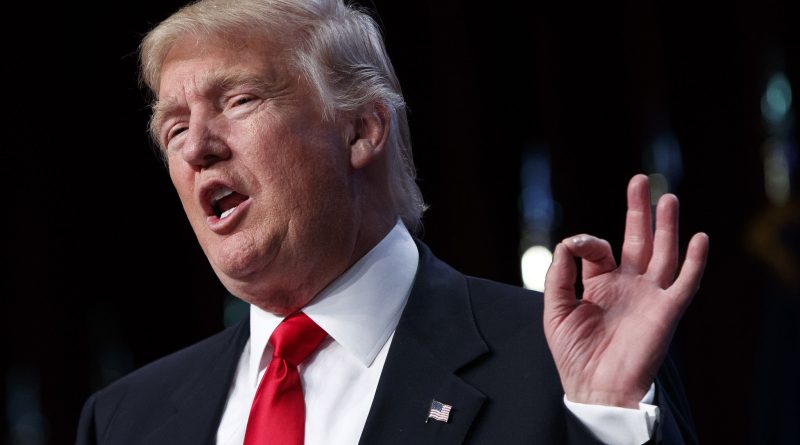Appeals court denies Trump immunity in DC election case
Former President Donald Trump does not have presidential immunity from prosecution on criminal charges related to his efforts to overturn his 2020 election loss, a federal appeals court unanimously ruled Tuesday.
“We cannot accept that the office of the Presidency places its former occupants above the law for all time thereafter,” a three-judge panel wrote in the 57-page opinion.
Trump is expected to quickly ask the Supreme Court to overturn the decision by the U.S. Court of Appeals for the District of Columbia Circuit.
The legal battle over Trump’s immunity claim stems from the criminal election interference case being prosecuted by special counsel Jack Smith in U.S. District Court in Washington, D.C.
Trump is charged in the case with four counts of crimes including conspiracy to defraud the United States and conspiracy to obstruct an official proceeding. He has pleaded not guilty.
In its ruling, the appeals panel rejected three separate immunity arguments Trump’s lawyers made “both as a categorical defense to federal criminal prosecutions of former Presidents and as applied to this case in particular.”
“For the purpose of this criminal case, former President Trump has become citizen Trump, with all of the defenses of any other criminal defendant,” the panel wrote.
“But any executive immunity that may have protected him while he served as President no longer protects him against this prosecution.”
The ruling by Judges Florence Pan, Michelle Childs and Karen LeCraft Henderson noted, “We have balanced former President Trump’s asserted interests in executive immunity against the vital public interests that favor allowing this prosecution to proceed.”
“We conclude that ‘[concerns] of public policy, especially as illuminated by our history and the structure of our government’ compel the rejection of his claim of immunity in this case.”
While the ruling mostly struck a measured, dispassionate tone, the judges at times sounded alarmed as they warned that Trump’s view of presidential powers would have dire consequences.
“At bottom, former President Trump’s stance would collapse our system of separated powers by placing the President beyond the reach of all three Branches,” they wrote.
“Presidential immunity against federal indictment would mean that, as to the President, the Congress could not legislate, the Executive could not prosecute and the Judiciary could not review.”
Pan and Childs were nominated to the appeals court by Democratic President Joe Biden. Henderson was nominated by Republican former President George H.W. Bush.
Trump’s lawyers, seeking to dismiss the election interference case, had argued to U.S. District Judge Tanya Chutkan that Trump has “absolute immunity” from prosecution because the charges relate to official acts performed while he was president.
After Chutkan declined to dismiss the charges, Trump’s attorneys brought the immunity argument to the appeals court. That move put the case on hold in Chutkan’s court.
Source:CNBC
![]()




